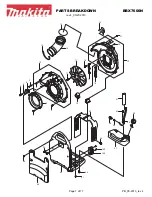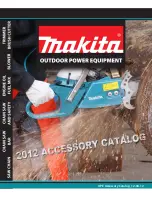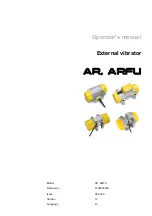
G
ua
rd
ia
n
Fa
ll
Pr
ot
ec
tio
n
6
30
5
S.
2
31
st
S
t.
, K
en
t,
W
A
9
80
32
p
ho
ne
: (
80
0)
4
66
-6
38
5
f
ax
: (
80
0)
6
70
-7
89
2
w
w
w
.g
ua
rd
ia
nf
al
l.c
om
5
Maintenance, Cleaning, and Storage
If RDRL fails inspection in any way, immediately remove it from service, and contact Guardian to inquire about
its return or repair.
Cleaning after use is important for maintaining the safety and longevity of RDRL. Remove all dirt, corrosives,
and contaminants from RDRL before and after each use. If RDRL cannot be cleaned with plain water, use mild
soap and water, then rinse and wipe dry. NEVER clean RDRL with corrosive substances.
When not in use, store equipment where it will not be affected by heat, light, excessive moisture, chemicals,
or other degrading elements.
Prior to EACH use, inspect RDRL for deficiencies, including, but not limited to, corrosion, deformation, pits,
burrs, rough surfaces, sharp edges, cracking, rust, paint buildup, excessive heating, alteration, broken stitching,
fraying, bird-caging, and missing or illegible labels. IMMEDIATELY remove RDRL from service if defects or
damage are found, or if exposed to forces of fall arrest.
Ensure that applicable work area is free of all damage, including, but not limited to, debris, rot, rust, decay,
cracking, and hazardous materials. Ensure that selected work area will support the application-specific
minimum loads set forth in this instruction manual. Work area MUST be stable.
At least every 6 months, a Competent Person other than the user must inspect RDRL.
Competent Person
inspections MUST be recorded in inspection log in instruction manual and on equipment inspection grid
label. The Competent Person must sign their initials in the box corresponding to the month and year
the inspection took place.
During inspection, consider all applications and hazards RDRL has been subjected to.
Inspection
6. Unravel RDRL over edge of fall hazard.


























